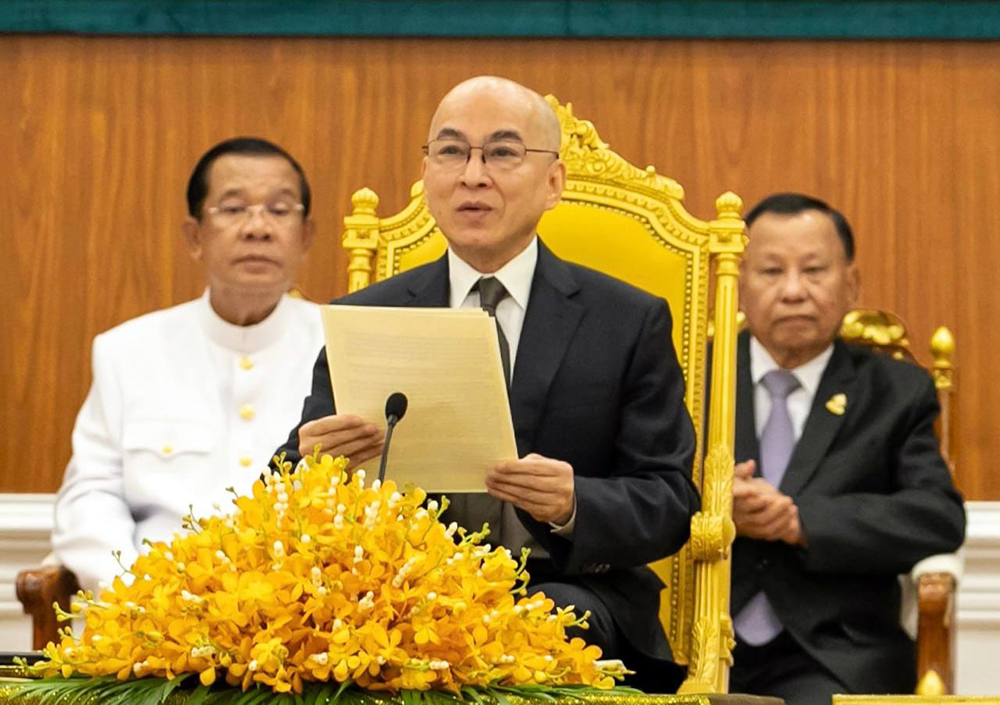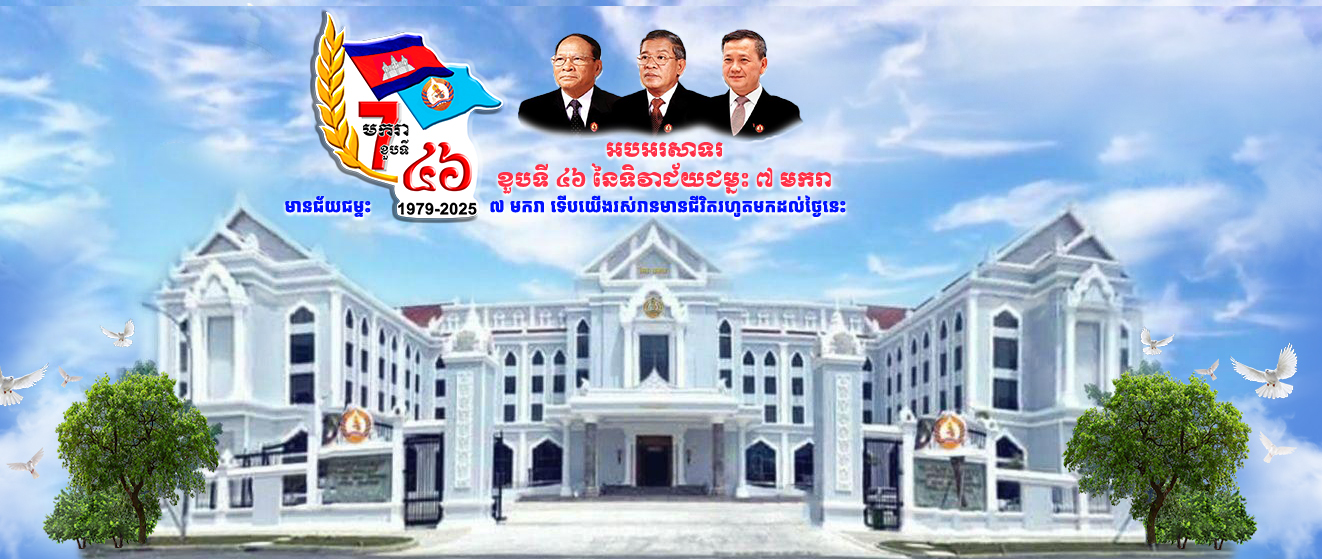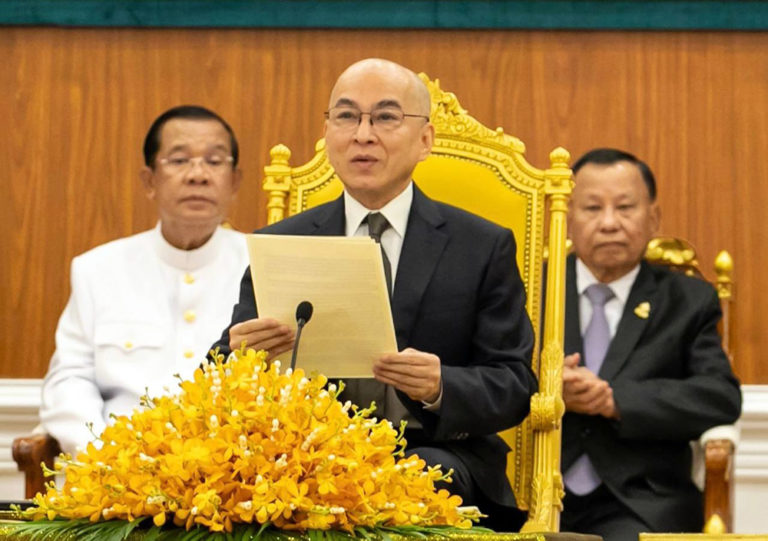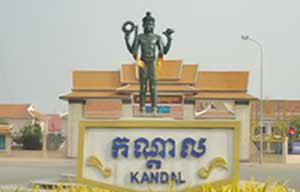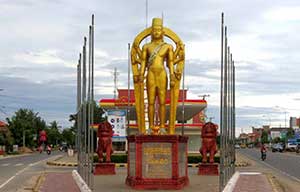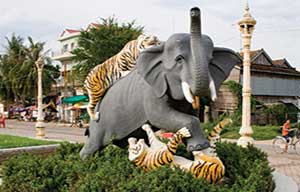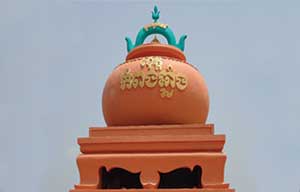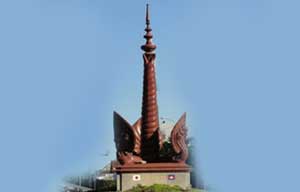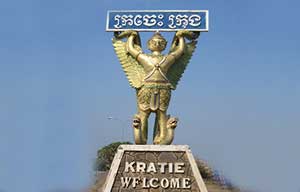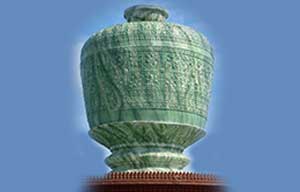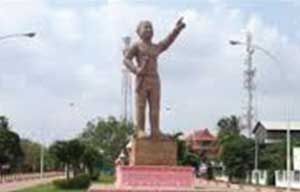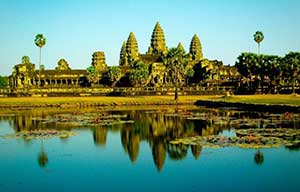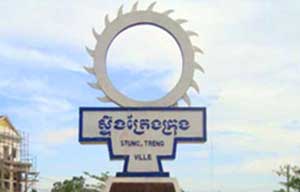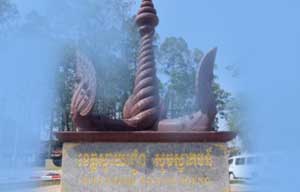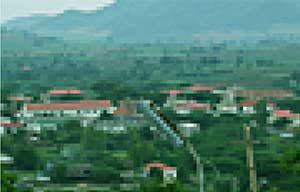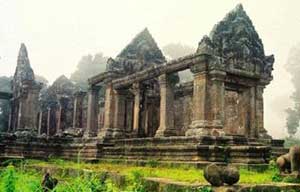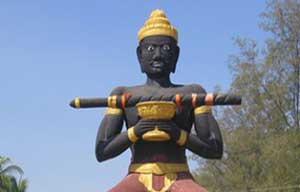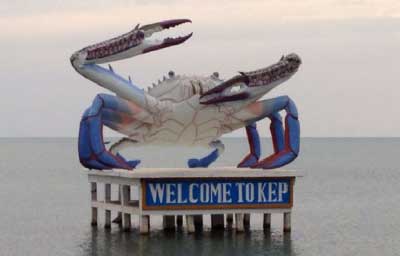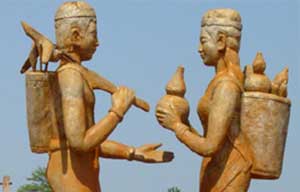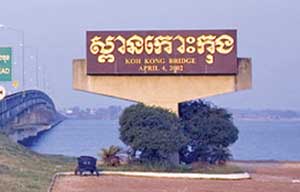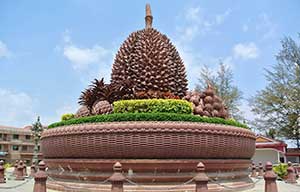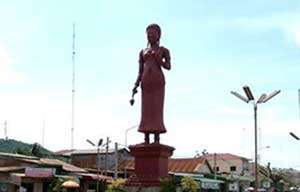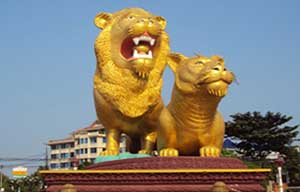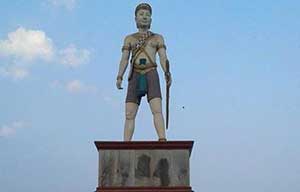His Majesty Preah Bat Samdech Preah Boromneath Norodom Sihamoni, King of Cambodia, has shared his pride of the peace building process in the country with nearly 300 delegates from 53 nation at the opening ceremony of the 11th Plenary Session of the International Parliament for Tolerance and Peace (IPTP 11) in Phnom Penh this morning. Cambodia’s peace and security have brought peace to the Mekong River region, ensured the building of a vibrant ASEAN Community, and promoted Cambodia’s active integration into the region and the world, in the areas of economy, trade, industry, agriculture, politics, religion, culture, tourism, as well as science, technology, innovation and so on, the monarch underlined.
His Majesty the King emphasised that Royal Government of Cambodia has strived and committed with great determination and strength since the first term of the National Assembly to the seventh term for peace process.
The Kingdom of Cambodia has also achieved another great success in seeking and providing transitional justice in the spirit of ensuring justice for the victims of torture and killings, while ensuring peace for survivors of the brutal Khmer Rouge regime (1975-1979), he added.
Through her peace experience, Cambodia has transformed from a country hosting peacekeeping forces to a leading country in the region in sending peacekeeping forces under the auspices of the United Nations, and has been participating in peace-seeking missions and other humanitarian work around the world, he said with pride.
Cambodia has also become a country that has actively participated in mine clearance operations around the world, which have contributed to strengthening the security, safety and well-being of people and the development of several countries.
For the IPTP 11 event, His Majesty the King strongly hoped that the high-level gathering will adopt the Phnom Penh Declaration and the Peace Charter for People and the Planet, which will be a model of peace and a universal, open, non-binding instrument based on the fundamental principles of the United Nations Charter for promoting the values of peace, peace building, tolerance and sustainable development through practical approaches to peace building, conflict prevention, the promotion of justice and global development by a combination of states and non-state actors, united by a common aspiration, a common vision and a common will to live in peace, harmonious coexistence, dignity and common prosperity of humanity.
